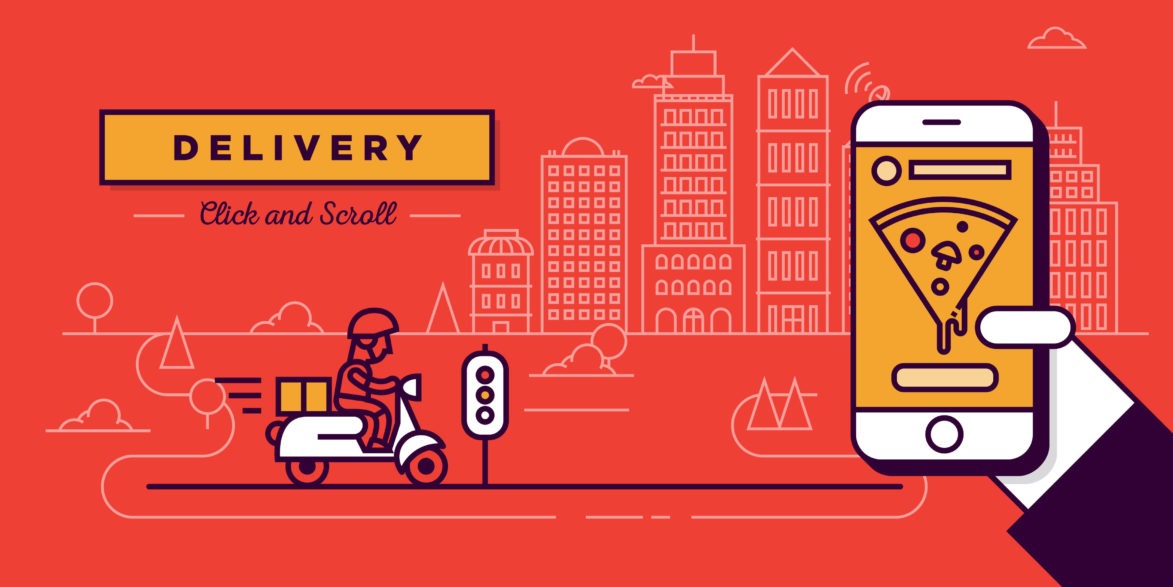The first wave of European food tech companies has mostly focused on building technology and logistics platforms to deliver food to consumers. And while the plethora of new food e-commerce options across the globe has caused investor fatigue and failures, the five leading food delivery companies in Europe are now worth seven times more than their combined investment, an awesome feat, according to Niccolo Manzoni, partner of agrifood tech investment firm Five Seasons Ventures.
Five food delivery startups — HelloFresh, Delivery Hero, deliveroo, Just Eat, and takeaway.com — raised a combined €3.1 billion ($3.5 billion) between 2001 and 2012 and now, in 2018, have a combined value of €21 billion. All but deliveroo exited via public market IPOs between 2014 and 2017 for an average of nearly 3 times their combined investment, according to a new report from Five Seasons and Dealroom.
“Clearly from an investment standpoint, if you look at $3 billion of invested capital and the $21 billion of value created between now and then, that’s pretty damn good. There might be fatigue and even I thought food delivery as a theme was done and dusted, and yesterday’s story, But the truth is actually that we eat three times a day and there is a lot of need to build services closer to the consumer.”
These food delivery startups have also been responsible for a considerable number of acquisitions to expand and consolidate their positions, according to the report. Delivery Hero made 16 acquisitions, Just Eat made 12, and takeaway.com made seven.
Entrepreneurs are still creating new food delivery startups but they now focus on going more directly to the consumer, building a rapport with them and building a story around their products such as plant-based only meals, added Manzoni.
The European food tech industry is also producing the next wave of innovations that are further up the value chain and can capture a much larger portion of Europe’s €2 trillion food consumption market.
“This next generation of startups are focusing on 99% of the value in the food supply chain,” says Manzoni, adding that talent from the first wave of innovation — inspired employees from those first successful companies — are now setting up their own businesses.
Food delivery represents just 1.5% of the €2 trillion European consumption market yet attracted 50% of investment dollars since 2013. The rest of the value chain includes primary production, ingredients, midstream technologies, and consumer food products. And in 2018, Manzoni expects this piece of the value chain to attract over €1 billion of investment.
“There are a few poster children of this next wave of innovation including Huel, the European version of Soylent, Tropic Biosciences, one of our portfolio companies, and Protix and Ynsect in the insect farming space. Collectively they’ve raised $30 million this year, and nearly €90 million in the last two years,” said Manzoni.
How do European startups compare with their US peers? They need less capital as talent is cheaper, according to Manzoni.
“This is a structural advantage of Europe; it’s less capital intensive for the same level of revenues. European startups are raising a fraction of the amounts US companies raise. The median deal sizes will increase but won’t be mega rounds like Indigo Ag in the US, which sometimes beg the question if they need that much funding. There is always a danger that they might become lax in the way they invest and spend this funding.”
Download the report here.





